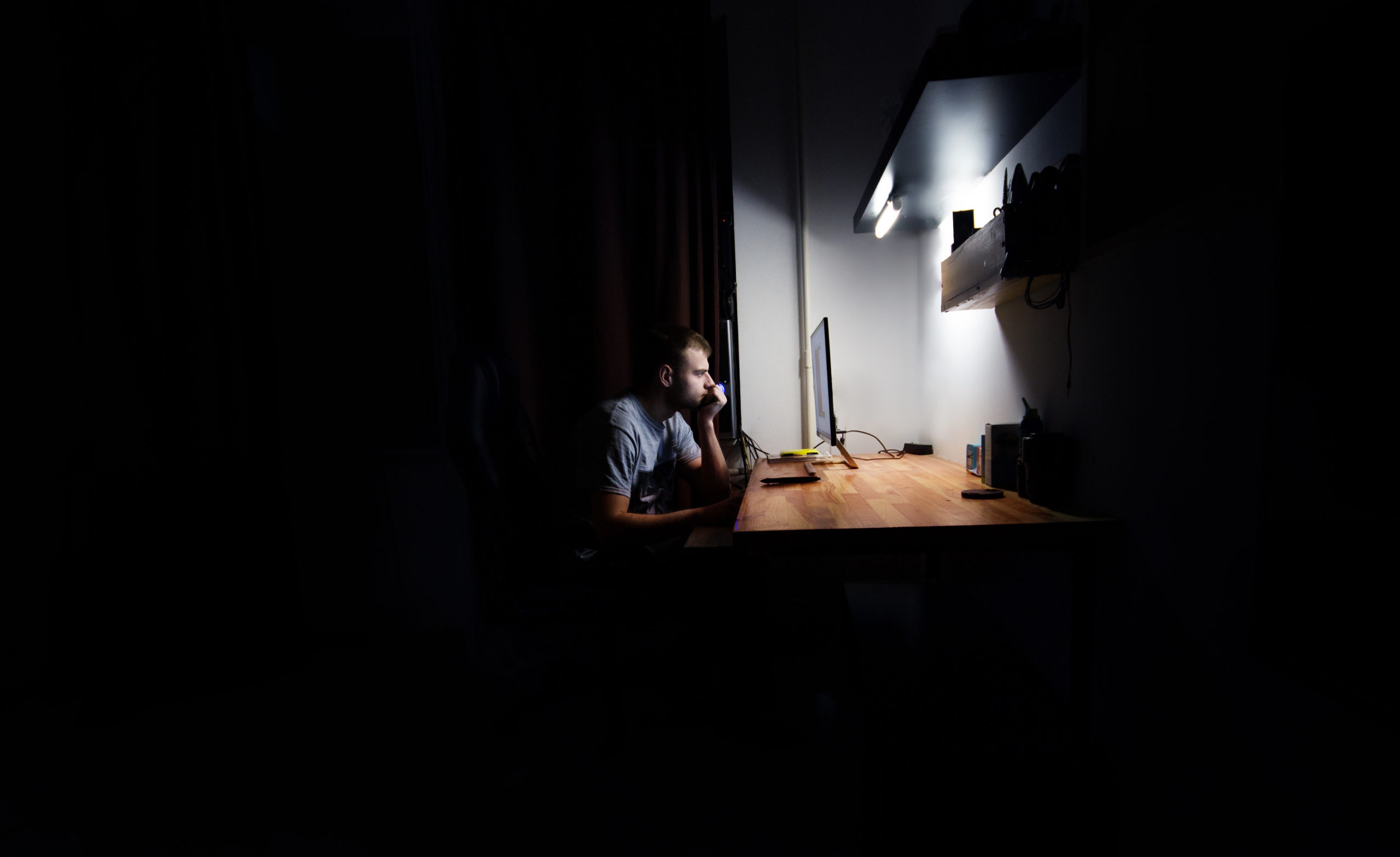Going on social media can be a very polarizing experience. On the one hand, you may find new contacts who can encourage you and offer support (such as the case on Reddit’s treatment topics). But just as easily, you can find yourself amid angry trolls or, even worse, predators looking to take advantage of your vulnerabilities. Such is the case with a series of new Facebook Recovery Groups, which recently received a profile on TheVerge.com.
Verge writer Cat Ferguson went deep into the world of online Facebook Groups centered around addiction. Her report singled massively large entities (like the 70,000 plus Affected by Addiction Support hub endorsed by Mark Zuckerberg), as well as small “trusting” communities; all of which have been known to be less than honest.
Larger national Groups have been flagged as a haven for crooked recovery marketers, who use the guise of peer support to pitch their clinics. The smaller ones have been accused of even worse crimes, like using actual drug dealers to solicit new clientele.
Recovery Research Institute associate director Brandon Bergman was interviewed for the piece and issued a stern warning about unverified Groups.
“There’s a very long history of people going to [12-step] meetings and being taken advantage of by drug dealers,” he explained. “Early recovery is a very vulnerable time, and people are desperate for help. It’s easy to use that for profit, including by convincing somebody to go to a specific treatment center. It doesn’t surprise me this is going on online because there’s nothing special about the online space.”
The now defunct Group Recovery Resource was also profiled, as was its former administrator Howard James Fowler. Advertised as a “safe space,” it was proven to be an undercover haven for patient brokering; where Fowler would solicit vulnerable members to PayPal money for crooked recovery services. The situation became so bad, according to Verge, that Fowler was ultimately arrested and charged with multiple felonies.
Facebook administrators have recently begun taking more measures to prevent these types of issues, seeking out and shutting down nefarious “addiction support” Groups. Though they declined to give a direct statement to The Verge, a spokesperson did offer a boilerplate response.
“We have seen that Facebook products and tools, including Groups, can complement work on prevention, education, de-stigmatization, addiction support and awareness, and we continue to support community leaders that use our platform for good,” they stated. “Most of what we see in Groups is positive and meaningful to people and their communities, and we are committed to increasing the good and minimizing the bad across Facebook.”
Indeed, we strongly echo Cat Ferguson’s sentiment and urge everyone reading this to do thorough research before committing to an unknown Facebook recovery Group.







